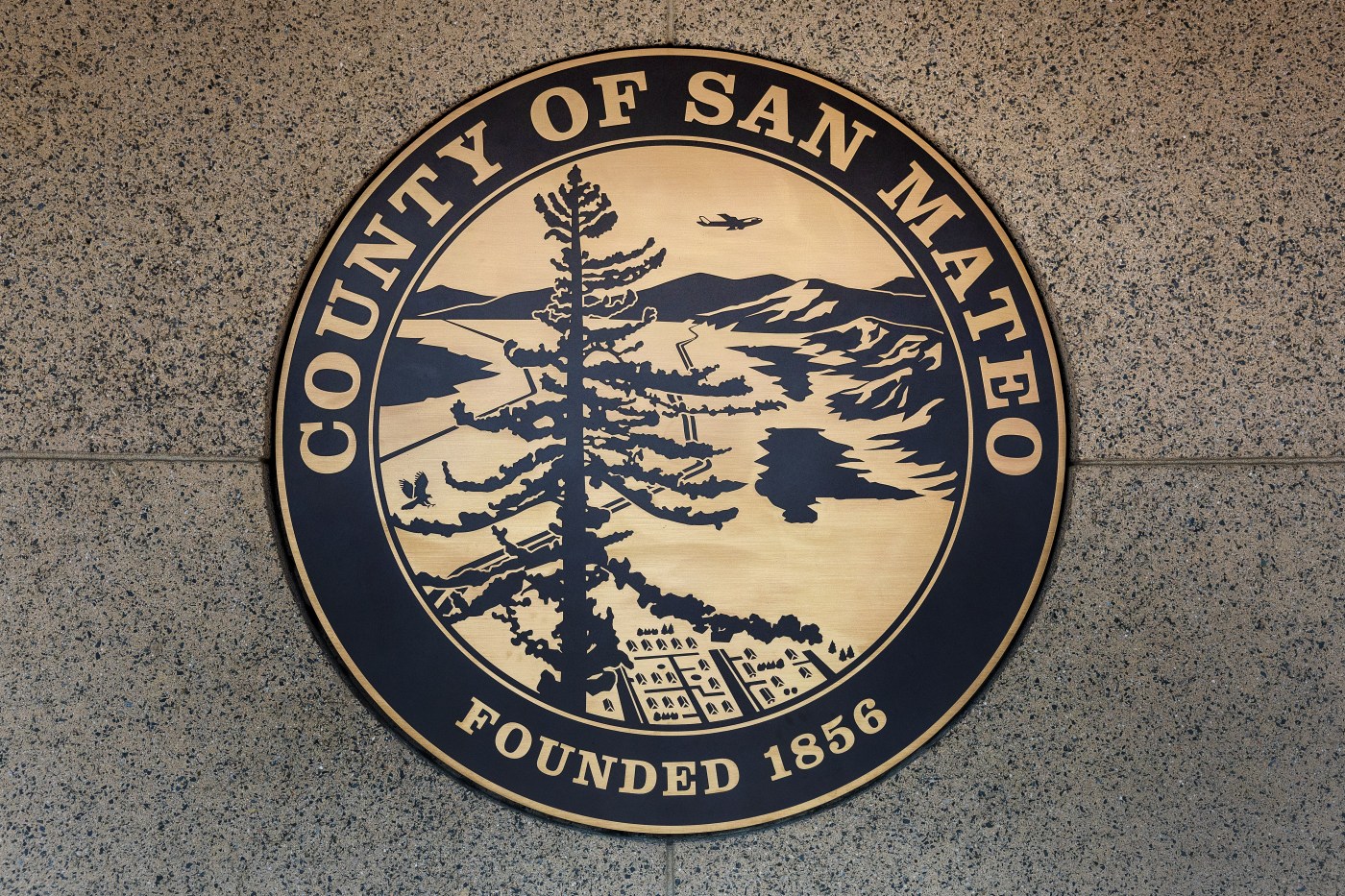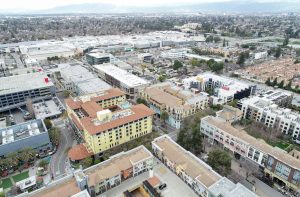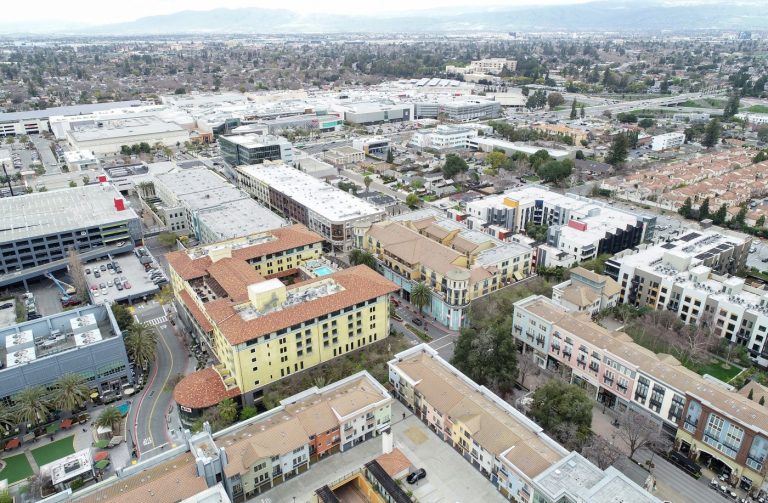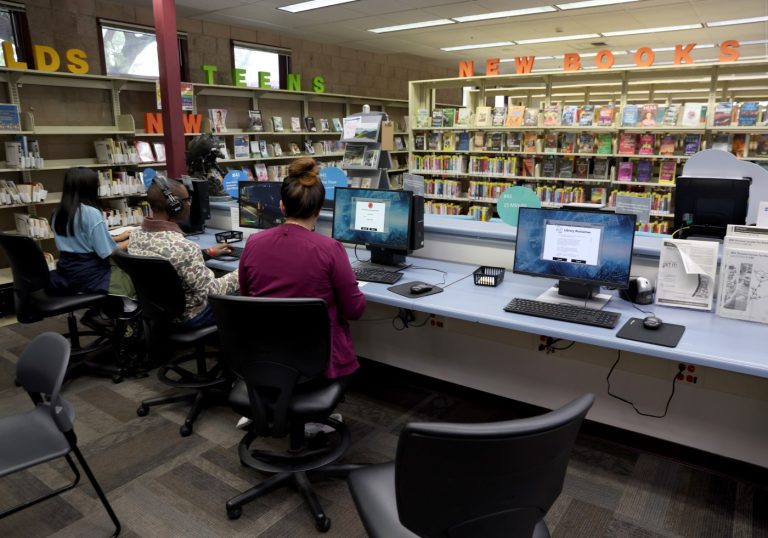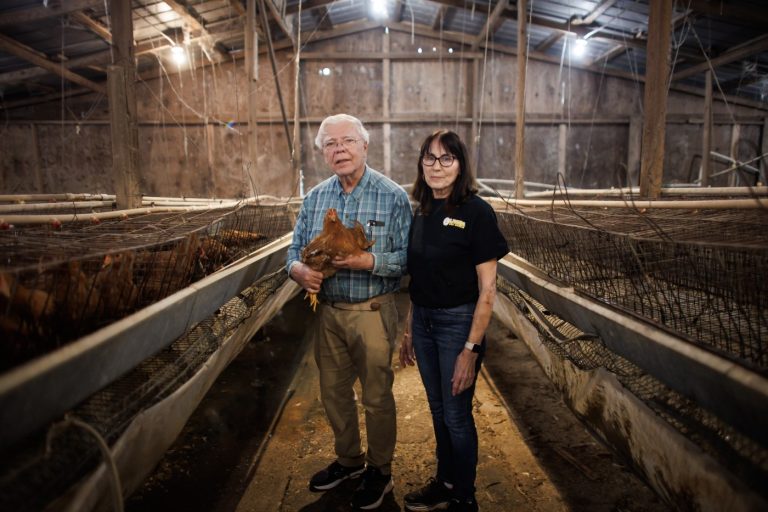The San Mateo County Board of Supervisors approved the allocation of $18 million in federal funds earlier this week to support affordable housing projects.
Housing remains a top concern for the county, as San Mateo consistently ranks among the most expensive places to live in California. According to federal guidelines, a family of four earning $156,650 annually in the county is classified as “low income.” The median home price in San Mateo is north of $2 million.
The county’s housing plan, known as the “housing element,” aims to build 2,833 homes by 2031 in unincorporated areas, with 60% of those units designated for very-low to moderate-income earners. Regionally, the Bay Area must construct 442,000 new housing units to meet demand.
Housing in the North Fair Oaks neighborhood in the southern part of the county and farmworker needs in coastal areas remain a top priority, according to county officials.
“This funding builds on our commitment to expanding housing options for everyone,” said Board of Supervisors Vice President David Canepa. “When a community has more affordable housing, the quality of life improves for everyone.”
The money is part of the American Rescue Plan Act, a federal program put in place in 2021 to help state and local governments recover from the impacts of the COVID-19 pandemic and promote more economic growth.
Related Articles
Candidates looking to fill open Berkeley council seats weigh in on encampment policy
Bay Area home sales fall in September, even as mortgage rates decline
San Jose seeks community feedback for housing project near downtown
Groups behind Berkeley protest encampments call for the movement to spread across the state
Berkeley councilmembers running for reelection in city divided over homelessness
In recent years, the county has increasingly turned to alternative funding sources, including federal grants and Measure K, a local sales tax, to finance local projects. This shift comes as state revenue from taxes and vehicle licensing fees continues to decline.
The county earlier this year approved operating on a total budget of $4.2 billion. County officials face the challenge of balancing essential public services while managing a $10 million deficit.
“Housing continues to be a pressing need across San Mateo County, especially as inflation eats into paychecks,” Canepa said. “I can think of no higher priority than directing additional funding to affordable housing.”
